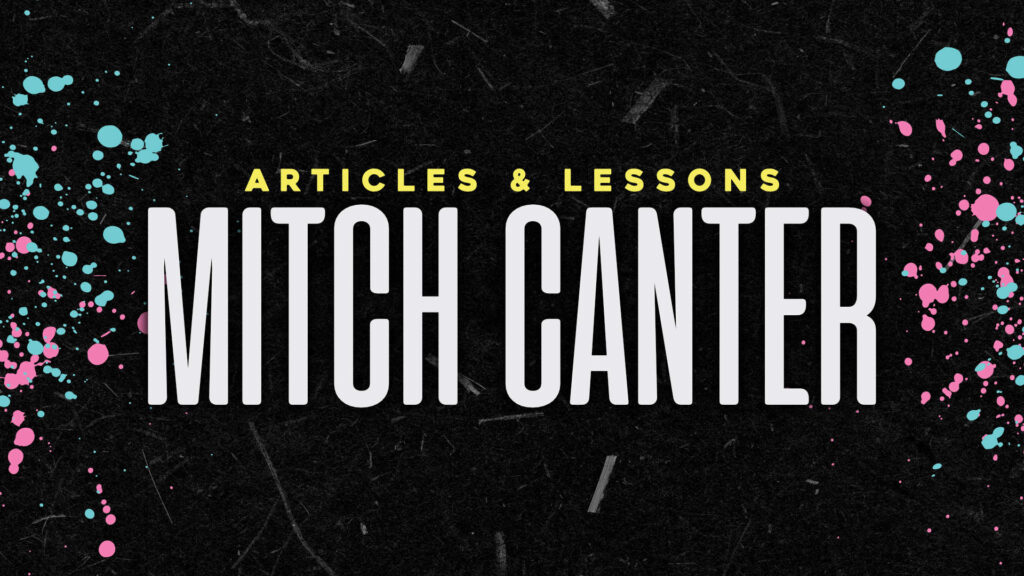WordPress has had a hell of a week.
The roller-coaster high of WordCampUS 2024 ended with Matt Mullenweg’s bizarre and seemingly out-of-left-field rant against WPEngine – which finally culminated in legal actions. The weekend’s activity has left the WordPress ecosystem with seemingly more questions unanswered than answered. A quick search of Twitter or other similar social networks have users and contributors asking questions about legality, morality, and (today’s topic of conversation) governance of the WordPress project.
To the average person, this may seem overly political and even a hassle; why does it matter who’s “governing” the software? It’s just lines of code, right?
As it turns out, there’s a lot of red tape, discussions, and deliberation that goes behind every 0 and 1 that’s added to a project. And not just WordPress – most open-source ecosystems have some sort of governance that is enforced (whether formally or otherwise).
So, what about WordPress? What’s so unique about it’s governance, and is it really the best choice for the project going forward? What alternatives are there that could drive the software in a better direction?
The “Founder-Leader” Governance
WordPress’ origin story isn’t a hard one to track down – in May of 2003, Matt Mullenweg worked with Mike Little to form b2/cafelog, a then-defunct blogging software. In the 20 years that followed, WordPress would evolve from a scrappy blogging software into powering 41% of the Internet, and 64% of all sites whose software is known.
Throughout all of this, Matt Mullenweg stands at the head of the software as it’s “Founder-Leader” – sometimes known as its ‘Benevolent Dictator for Life’. While there are various committees – and even the WordPress foundation – Matt’s tendrils weave in and out of all of the various facets of WordPress life.
Now, this article isn’t saying that a Founder-Leader governance model is inherently bad. On the contrary, in smaller projects, having a single point of success-failure allows the project to move swiftly and more agile in development and adoption. However:
This model’s limitations become apparent as a project grows to a certain size. Founder-leaders can become bottlenecks for project decision-making work—and in extreme cases, the model can give rise to a kind of “caste” system in a project, as non-founders begin feeling like they’re unable to affect changes that aren’t in line with a founder’s vision. [*]
Current issues with Matt aside, there have long been conversations wondering if the WordPress project is heading in the right direction. The initial shift to Gutenberg was a rocky one, with several users and developer expressing frustration on seemingly directionless-updates and feature adds. It’s gotten a lot better, but that blog post was written in 2021, and it’s only recently been considered as “production ready” by many WordPress-based agencies and developers.
The Balance of Corporate and Non-Profit Interests
WordPress isn’t the only entity with both a for-profit and non-profit intersection. Mozilla, creators of Firefox, have both the Mozilla Corporation and Mozilla Foundation. The former directs commercial sustainability, while the latter balances community interest in the project.
Unlike WordPress, however, there is very little overlap between the foundation and corporation. Only a handful of people have seats in both organizations, which leads to a lot less conflict of interest, and a better balance between serving the community and for-profit interests.
Other Options for Governance
So, what other options are there? Looking around the FOSS landscape, there are many successful projects and packages that are governed not by a dictatorship, but by some sort of committee or meritocracy. Here’s a few examples below:
Foundational
While there is a WordPress foundation, it was founded – and still actively directed – by Matt. Matt also holds ownership in Automattic – a for-profit venture that runs WordPress.com. There is obvious clash between the goals of each organization. Conversely, Automattic is the only for-profit licensee the foundation has given trademark access to.
There are other entities such as OpenJS (which manages software like jQuery and node.js) that are more akin to a true foundational model with governance that is less profit-minded. Or, at the very least, spread out among several stakeholders so that one company or person doesn’t have a majority stake.
Side note: in my research for writing this article, I learned that the Foundation page’s Trademark Policy page was updated sometime on September 24th to add specific information about WPEngine. This seemingly un-objective move further shows the actual closeness between Matt, Automattic, and the Foundation.
Elective
Projects like OpenStack have a Technical Committee that is elected by its community. Community members vote for the members based on their technical merit, contributions, and other factors. These members ultimately drive the direction and focus of the technical aspects of the project.
On the positive side, this allows community members to have a direct impact and say – through their proxies – in the direction of the project. However, elections can be distracting, time-consuming, and contentious, so high community involvement – and appropriate protections – are necessary to make sure things go smoothly.
The “Do-ocracy”
Also known as a Meritocracy, this type of governance puts the power in the hands of the “do-ers”. The people who contribute the most are allowed to have more say in the direction of the project. Peer review is absolutely necessary for a system like this, and (while it’s a great system) the sheer amount of daily contributions to WordPress means a meritocracy would quickly become unsustainable.
So, what’s the right answer?
This is normally the part of a blog post where the writer comes in with a magic bullet that can solve all of the issues. Unfortunately, I don’t think that’s going to happen here.
I can tell you, with some certainty, that I think the current system is the wrong answer. As WordPress continues to mature, it’s clear that some sort of reset should be in order. But, whatever the governance is, it should:
- Attempt to balance for-profit interests with the involvement and direction of the community
- Contain a diverse set of voices and viewpoints to ensure that everyone has a seat at the table
- Regardless of focus, should put the user at the forefront of any and all discussions; “How will this affect the user?”
I don’t have comments open, but I plan on posting this to Twitter, and I look forward to seeing what ideas people have and the discussions that come out of this.


